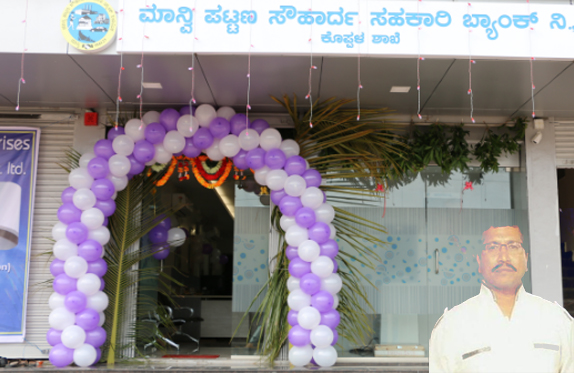India is primarily an agrarian economy which depends to a great extent on co-op banks and credit co-ops active in rural areas and operating on the strength of trust. But the new provisions of proposed FRDI (Financial Resolution and Deposit Insurance) Bill 2017 may change all this, says M.Nagaraj CEO of Manvipattana Souharda Sahakari Bank based in Raichur, Karnataka.
This bill which has already been referred in the Joint parliamentary commission is likely to be passed in the winter session of the Parliament.
FRDI bill 2017 has huge implications for the Banking sector. This bill is opposed to Depositors’ interest. There are two clauses in the bill, which are very dangerous for the bank customer, i.e “Bail out” and “Bail in”, stated Nagaraj.
“Bail out” means when the banks are faced with financial crises the govt uses the tax payers money to fund the bank and rescue it. Bail-in is rescuing a financial institution by making its creditors and depositors” take a loss on their holding. It means, if there is an increase in the NPA, the Depositor money will be converted into equities or there would be restriction on withdrawal of deposits for the customers.
This Bill is going to affect the Co-operative banks in a big way as these banks are doing business in remote areas with financially weak clientele. Leave the urban Co op banks, some of these banks are often in financial problem due to variety of reasons such as Crop failure, Floods, Drought or fluctuation in agriculture produce market etc. These are main causes for increasing the bad assets in a co-op bank, says Nagaraj.
In the Financial year 2016-17 Indian economy faced major hurdles in the shape of demonetization and GST. Aimed to check tax cheating, counterfeiting and corruption, it adversely affected the element of faith and confidence people put in the Banking sector, feels Nagaraj.
Experts, however have different take on the matter. They argue that in principle indeed a depositor runs the risk of losing money but in practice it would not be so. They may face at most inordinate delays in realizing the money or their deposits may get converted into other financial instruments such as equity.
The proposed regulation will retain the insurance cover of Rs 1 lakh. Beyond this cover, they can get money, if any, only after the liquidation proceedings are complete and the bank’s secured creditors are taken care of. A depositor is an unsecured creditor.
Experts also feel as the new regulation proposes to ensure proper supervision of the lending activities of a financial intermediary and their risk it is better than DICGC cover.
When RBI senses a bank failing, it does not allow the bank to collect fresh deposits and the existing depositors are not allowed to withdraw their own money. The depositors of some of the cooperative banks have not been able to get their money back after years because their functions have been frozen but the licences are not cancelled.
Once the new regulation is in place, the wait will be much shorter as there will be time-bound resolution. Besides, the insurance cover will be an absolute obligation of the proposed corporation and the money will be given before a case is resolved, says Tamal Bandyopadhyay adviser to Bandhan Bank.
